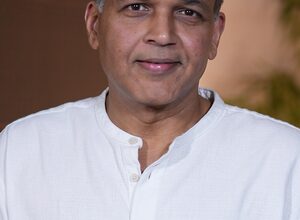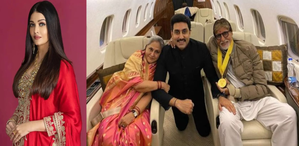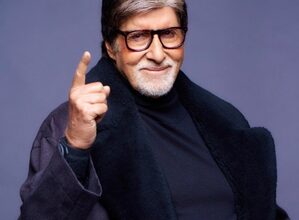Diljit, Prabhas bring the house down with ‘Bhairava Anthem’ from ‘Kalki 2898 AD’
Mumbai, June 17 (IANS) The song ‘Bhairava Anthem’ from the upcoming sci-fi film ‘Kalki 2898 AD’ was released on Monday
The song features Punjabi superstar Diljit Dosanjh, and Telugu ‘rebel star’ Prabhas sporting a turban and black attire as he twines with Diljit, making a perfect north-south combo.
The track boasts of industrial elements sonically with Diljit killing it on the vocals. The song was released in Hindi, Telugu, and Tamil, each tailored to resonate deeply with the regional audience.
The lyrics have been penned by Kumaar and Vivek in Tamil, Ramajogayya Sastry and Vivek in Telugu, and Kumaar in Hindi.
Directed by Nag Ashwin, the film stars Amitabh Bachchan, Prabhas, Deepika Padukone, Kamal Haasan, and Disha Patani in key roles. It is scheduled for theatrical release on June 27.
Meanwhile, Diljit Dosanjh, who is gearing up for the release of his upcoming film ‘Jatt & Juliet 3’, has shared insights on his huge fan base and why he thinks aggressive songs work the best.
He also shared the changes he has seen in his music career spanning 22 years.
Appearing on Raj Shamani’s podcast, Diljit said he monitors his Spotify data which tells him that the majority of his listeners are in the 16 to 22 age bracket.
Stating that the young blood prefers to listen to or consume content that has a thrill or is adventurous, Diljit said, “Us umar mein zyada kya sunana pasand karega insaan (at that age, what would people like to listen to)?”
To which Shamani replied, “Panga!”
Diljit then said, “I’m not saying that people should take ‘panga’ (engage in a brawl), but they like to consume such content. They like a certain type of content and the artistes have to cater to that… It’s the simple demand-supply concept.”
He also said the music-making process has changed largely in the last 22 years.
Today, strategists work on a song even before it is composed based on insights and consumer data, Diljit said.
When he started, things were quite different, and the process of creating music was more instinct-driven, and not shaped by data, he added.
–IANS
aa/arm




